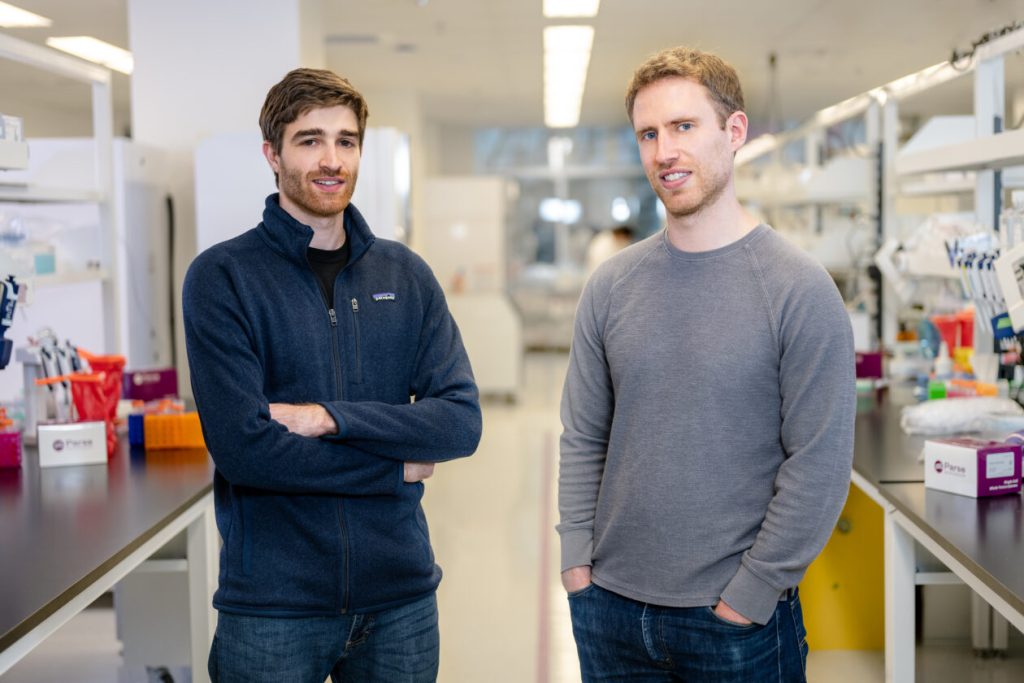Seattle’s Parse Biosciences Set for $225 Million Acquisition by Qiagen
In an exciting development for Seattle’s biotech scene, Parse Biosciences is preparing for a significant transition as Netherlands-based Qiagen has announced plans to acquire the company in a $225 million cash deal. The acquisition, expected to close in December 2025, marks a major milestone for Parse, which has built its reputation as a pioneer in single-cell RNA sequencing technology. This deal represents not just a business transaction but the culmination of a remarkable journey that began in a University of Washington laboratory less than a decade ago. Parse Biosciences emerged from innovative research and has grown into a global player with operations serving thousands of researchers worldwide who rely on their accessible RNA profiling tools to advance scientific understanding.
Parse Biosciences’ story began in 2018 when Alex Rosenberg, then a postdoctoral fellow at the University of Washington, and Charles Roco, a graduate student at the time, founded the company (initially called Split Biosciences). Their breakthrough came while working in Professor Georg Seelig’s synthetic biology lab, where they discovered a novel method for profiling RNAs at the single-cell level. This innovation addressed a critical need in biological research, as RNA profiling helps scientists understand which genes are active in different cells, providing crucial insights into cell types and behaviors. Over the years, the company has attracted substantial investor interest, raising more than $50 million, including a significant Series B round of $41.5 million in 2022. This funding helped Parse expand its operations and develop its technology into widely-used research tools that don’t require specialized laboratory equipment, making advanced genomic analysis more accessible to scientists worldwide.
Since launching its first products in 2021, Parse has experienced impressive growth, now serving approximately 3,000 customers across more than 40 countries. The company has grown to 110 employees and is expected to contribute around $40 million in sales to Qiagen’s 2026 fiscal year. What sets Parse apart in the competitive field of genomics technology is its focus on accessibility – their tools allow researchers to conduct sophisticated RNA sequencing without investing in expensive specialized equipment. This approach has democratized access to cutting-edge genomic research capabilities, enabling more laboratories around the world to pursue innovative research questions. According to information posted on Parse’s website, the company plans to maintain its operations in Seattle and other locations worldwide after the acquisition, operating as a Qiagen subsidiary while preserving its established presence and identity in the research community.
The applications of Parse’s single-cell RNA sequencing technology span across numerous fields of biological research. By providing detailed information about which genes are active in individual cells, the technology helps scientists distinguish between different cell types in complex samples – whether analyzing blood components, studying tissue development, or monitoring stem cells as they differentiate into specialized cell types like heart cells. This granular level of information is vital for advancing our understanding of human development, disease progression, and potential therapeutic approaches. CEO Alex Rosenberg expressed enthusiasm about joining Qiagen, noting that the acquisition would “accelerate that mission and extend the reach of our technology to more customers around the world.” He specifically highlighted Qiagen’s extensive global infrastructure as making it “an ideal partner for our next stage of growth,” suggesting that Parse’s innovative technologies will soon reach an even broader scientific audience.
Qiagen brings substantial resources and experience to this partnership as a well-established global provider of sample and assay technologies for molecular diagnostics, academic research, pharmaceutical development, and industrial applications. The company has developed various technologies to isolate and analyze DNA, RNA, and proteins from diverse biological sources including blood and tissue samples. With approximately 5,700 employees across 35 locations worldwide and a customer base of around 500,000 globally, Qiagen offers Parse access to extensive distribution networks and complementary technological expertise. This acquisition appears strategically aligned with Qiagen’s portfolio, potentially allowing for integration of Parse’s single-cell capabilities with Qiagen’s existing molecular analysis tools to create more comprehensive research solutions for scientists around the world.
Before the acquisition can be finalized, it must clear regulatory hurdles, including approval under the U.S. Hart-Scott-Rodino Antitrust Improvements Act and other conditions. These regulatory reviews are standard for transactions of this magnitude and are designed to ensure that acquisitions don’t create monopolistic conditions in specialized markets. Assuming these requirements are satisfied, the December closing would mark the beginning of a new chapter for Parse Biosciences as part of a larger global enterprise. For Seattle’s biotech ecosystem, this acquisition represents another success story – demonstrating how university research can translate into valuable commercial enterprises that advance scientific capabilities worldwide. It also highlights the region’s continuing importance as an incubator for innovative life sciences companies that attract significant investment and strategic acquisitions from established global players in the biotechnology and pharmaceutical industries.


